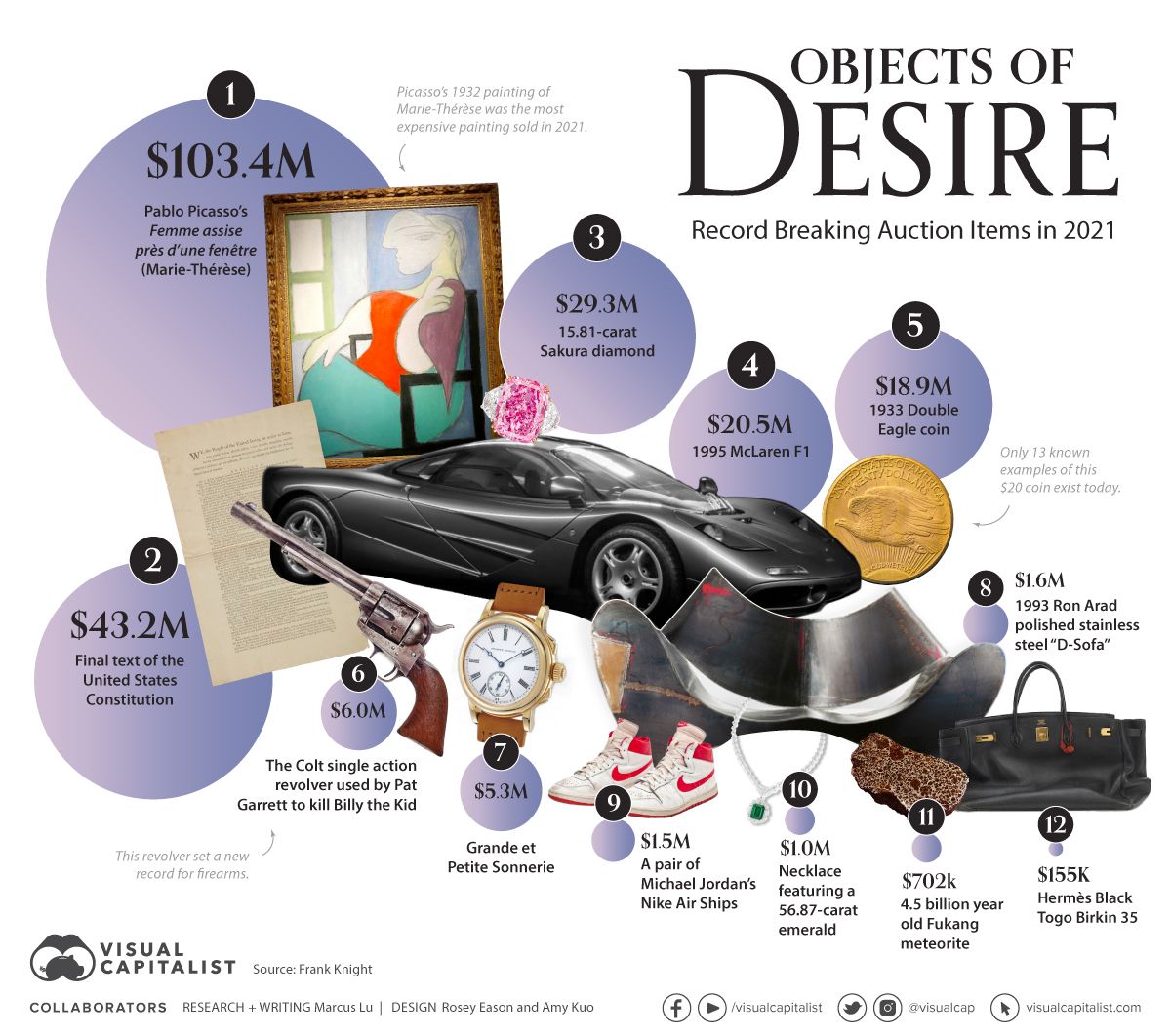Breakfast Notes #28 (Lifting, Fukuyama and Four Day Workweek)

Good morning friends. Today is Good Friday. For my non-Christian friends, I hope you enjoy this holiday with your loved ones. To my fellow Christians, I pray that this day will be a day of contemplation of the great sacrifice of our Lord, Jesus Christ.
Here is a quote on the value of travel by the influential French writer Marcel Proust I have been contemplating about.
The real voyage of discovery consists not in seeking new landscapes, but in having new eyes
As travel opens up globally, may those who board planes and boats see with new eyes.
Here is the 28th serving of the Breakfast Notes
What I Learned From Lifting
Since my Junior College days, I have been a fan of bodybuilders and strength athletes. I would binge on videos of legends like Jay Cutler, Ronnie Coleman, and Cedric Macmillan posing. They represented a certain machismo that I sought to achieve.
I sought to be like them. There was a period of time when I ate broccoli, chicken breast, sweet potato and tuna exclusively. I watched every macro and tracked every morsel of food that entered my mouth. I dieted down and got the abs of my dreams. But I was miserable.
Now that I am wiser, I learned that the law of diminishing marginal returns applied to fitness too. You realise it's really not worth your time, effort and energy to starve yourself to get abs that no one cares about.
I saw how often the legends and idols ended up with debilitating injuries, multiple surgeries, and some dying young. As a young man, seeing these former icons pay the price of health in pursuit of fitness, I had no choice but to ask, ‘So what if I get abs?’
It would be better to embrace and enjoy the journey of getting fitter and stronger. Anything extra is just the cherry on top.
If I could re-do the past fifteen years of my fitness journey, I would have allowed myself to fall in love with the journey.
The Downside of A Four Day Work Week
When businesses began adopting a four-day workweek, the benefits seemed obvious and numerous. For young millennial parents, it helped them get more time with their children and maybe, Netflix.
However, there is also a hidden cost.
Employees may feel that it's going good for them, but their bosses might not. After all, if managers see less of their subordinates, they may assume that they would be getting less of them. Without the clear feedback of the good ol’ office days, employers might hesitate on that promotion you deserve.
No matter how you want to cut it, there are uncomfortable trade-offs. Gallup’s research reveals the truth of a four-day workweek. While employee wellbeing rises and burnout reduces due to a four-day workweek, active disengagement also spikes: workers already feeling disconnected from their company become more likely to drift further away if they work fewer days.
Visualization Of The Day

2021 may have been the year of the crypto punks and other NFT projects, but wealthy collectors still spend a ton of cash on physical objects. Does anyone know where I can cop a Picasso painting?
The End of History
In 1992, Francis Fukuyama declared that the world had arrived at the End of History. He meant that liberal democracy was the final form of government for all nations, and everyone would eventually arrive there.
The problem? He was wrong.
Max Brooks argues that it was the worst idea that had seeped into America’s policy elites. To him, it was as if they went into a collective lull and believed America did not need to make any further reforms or ‘keep up with the times. They had become complacent.
30 years later, with billions poured into wars overseas, America appears to be divided and fractured.
Either way, his conversation with the journalist and podcast extraordinaire Dan Carlin is worth listening to. (Even if you might find him condescending at times.)
May the sun shine upon your face,
Keith